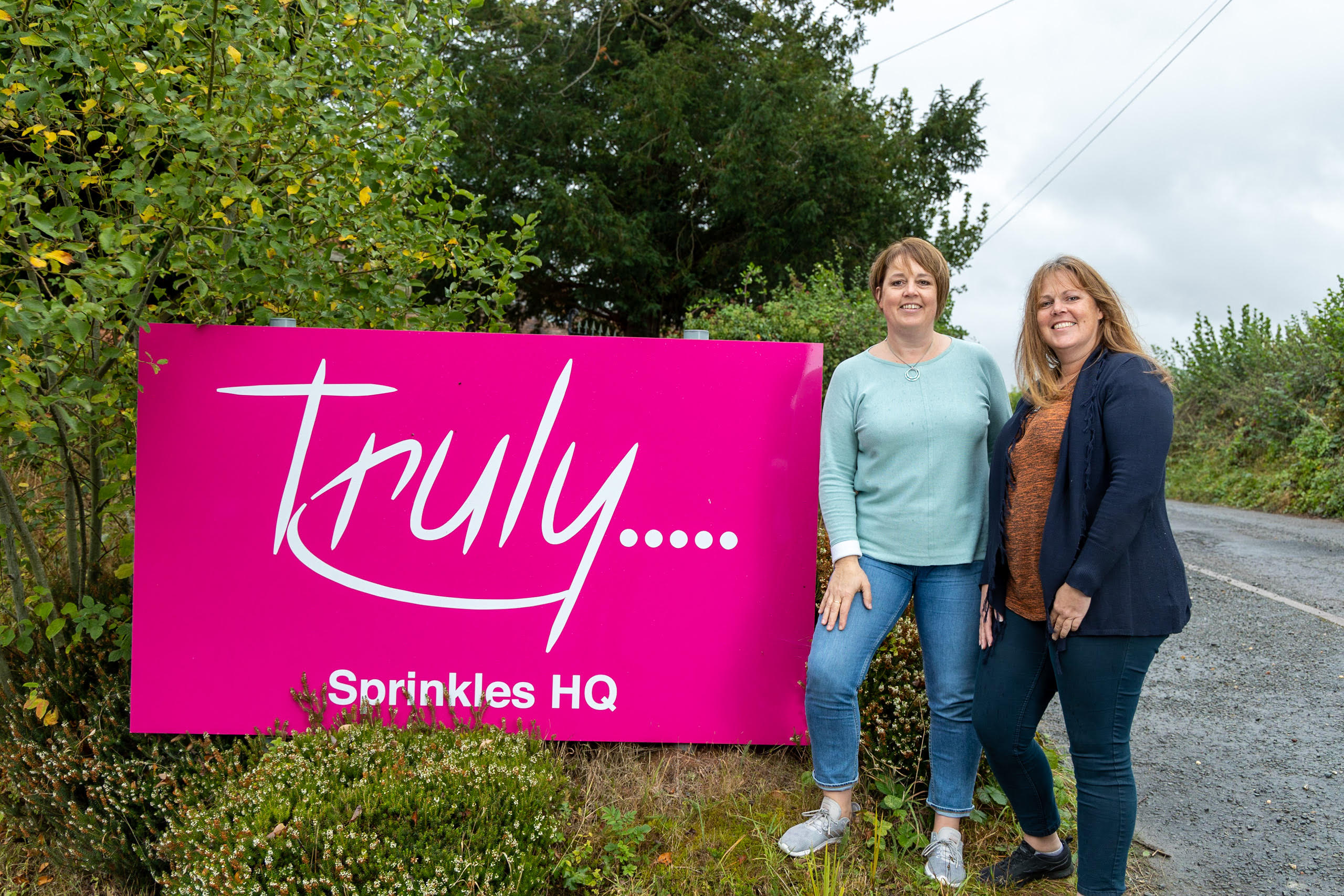A Shropshire agency has responded to figures highlighting the need for more foster carers in the region. New Chapters Fostercare (NCF) is keen to promote the positive benefits of becoming a carer as the shortfall in numbers, according to the UK’s leading fostering charity and membership organisation The Fostering Network, has risen to 5,400 in England and 700 in the West Midlands alone.
While the figures are partly the result of how the Covid-19 pandemic led to an increase in domestic violence and family breakdowns, the cost-of-living crisis and other social barriers still hamper a take-up in the profession, even though government funding for the sector has improved.
Despite these hurdles, those who have become foster carers find the altruistic rewards often outweigh the financial incentives. “On the whole people tell us that they want to give something back. From our research money is not the driving force leading them into fostering and from my own experience seeing a child prosper is a significant reward in itself. There are good people out there, who would make excellent foster carers and help to avert the scandal of young people ending up in unregistered, unregulated so-called children’s homes, a traumatic experience which may hinder the return to any semblance of a normal life”, said Martin George, director at NCF.
However, it is important to understand how foster care pay and allowances work. The remuneration is split into three elements: a salary, maintenance covering the day-to-day expense of raising a child and respite allowance up to 14 days per year. There are other add-ons for birthdays and relevant celebrations such as Christmas.
Carers may also work while fostering, an option recognised by NCF as increasingly important in the current economic climate. One such person who has recently become a carer is primary school head teacher Catherine Coleman (pictured). She said: “I always had an interest in fostering but never thought it would be possible to combine the opportunity with a full-time job, until I spoke to NCF.”
Catherine’s journey took approximately six months, and she now offers temporary respite care for children, allowing their usual carer a break. Impressed with how NCF matched her with the two young people she has cared for so far, Catherine continued: “Fitting conversations and meetings around my work schedule, with assessments taking place outside working hours, NCF’s support has been fantastic. From its ethos of a therapeutic approach to fostering, my excellent supervising social worker, access to NCF’s network of carers with whom I share ideas, and the professional and personable team in the office, fostering has become a truly fulfilling and rewarding experience.”






